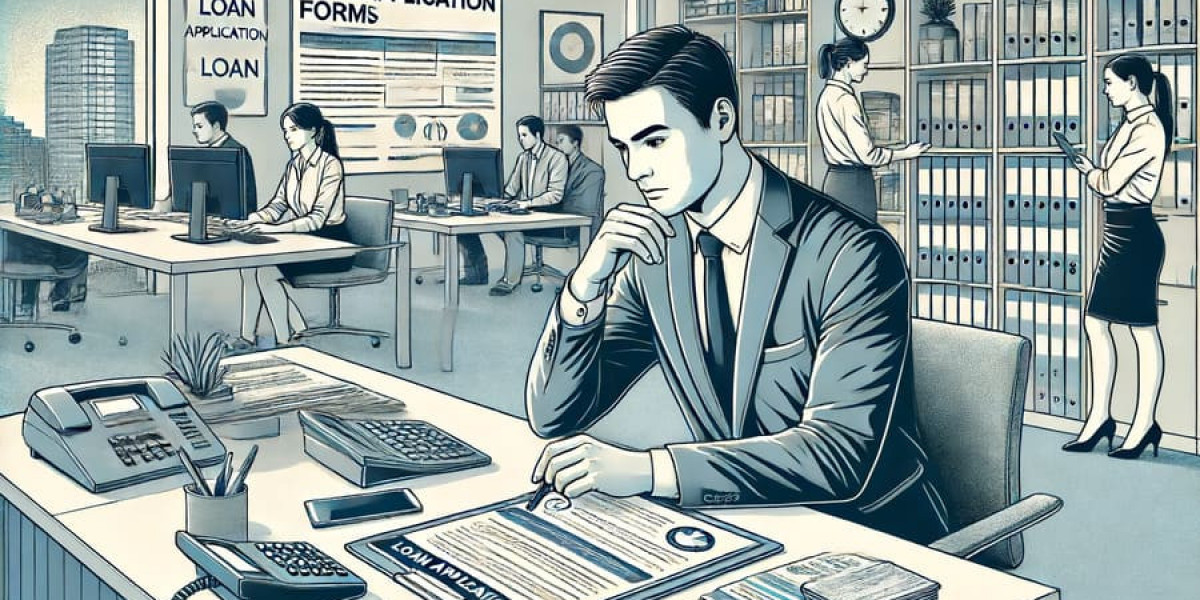Getting the best home loan rate isn’t just about luck—it’s about being informed and prepared. With fluctuating interest rates, stricter lending requirements, and a competitive housing market, it’s more important than ever to understand what goes into getting a great rate. Whether you're a first-time buyer or looking to refinance, knowing how lenders evaluate you and what steps you can take to lower your rate can make a major difference in your long-term financial picture. Let’s break down how you can position yourself to get the best home loan rates available today.
Know Your Credit Score and Why It Matters
Your credit score is often the first thing lenders look at when assessing your eligibility for a home loan. The higher your score, the more likely you are to be offered a lower interest rate. That’s because a strong credit score signals to lenders that you’re a responsible borrower. If your score is below 700, you may still qualify for a loan—but your interest rate could be noticeably higher.
Before applying, check your credit reports for errors and take steps to pay down existing debts. Paying bills on time, keeping credit card balances low, and avoiding new debt can help improve your score over time. A few months of careful management can sometimes give you the bump you need to qualify for better terms. It’s not an overnight fix, but it’s one of the most important factors you can control. Remember, even a small difference in your interest rate can add up to thousands of dollars over the life of a loan.
Compare Lenders, Don’t Just Settle for One
It might be tempting to go with the first lender that approves your application, but shopping around can really pay off. Different lenders offer different rates, and those variations can be substantial. Don’t assume that your local bank or usual financial institution has the best deal. It’s wise to compare quotes from at least three to five lenders, including banks, online lenders, and credit unions—click here to explore what some local credit unions are offering. Be sure to ask about not just the interest rate, but also fees, points, and terms. Some lenders may offer lower rates but tack on high closing costs, which could cancel out any savings. Others might have more flexible terms or faster processing. Taking the time to compare lenders allows you to make a more informed and confident decision.
Consider the Type of Loan That Fits You Best
Not all home loans are created equal. Fixed-rate loans offer predictable payments over the life of the loan, which is ideal for those who want stability. Adjustable-rate mortgages (ARMs), on the other hand, often start with lower rates, but can increase over time. If you plan to stay in the home for only a few years, an ARM could save you money in the short term. Government-backed loans like FHA, VA, or USDA loans might also offer lower rates and easier qualification if you meet the requirements.
Don’t overlook the benefits of working with companies like Home Loan Pros, Inc, which offer a wide range of loan products that can be tailored to suit different financial situations. The key is understanding what you qualify for and what makes the most sense for your long-term goals. A loan that looks good on paper might not be the best fit once you consider your lifestyle and financial outlook.
Lock Your Rate at the Right Time
Mortgage rates can shift daily based on economic conditions, so timing can make a real difference. If you see a favorable rate, ask your lender if you can lock it in. A rate lock can ensure your interest rate for a set period—usually 30 to 60 days—even if rates rise before you close on the loan. Some lenders may offer this option for free, while others may charge a small fee. It’s important to balance the urgency of locking in a good rate with being ready to complete the mortgage process. If you're still shopping for a home or haven’t gathered your documents yet, a rate lock might not be the best move just yet.
But if you’re under contract and close to closing, it can offer peace of mind. Just be sure you understand the terms and what happens if delays occur. Timing is everything in real estate—and that includes locking in your rate.
Boost Your Down Payment If You Can
A higher down payment doesn’t just reduce the total amount you need to borrow—it can also help you qualify for a lower interest rate. That’s because lenders see you as less risky when you’ve invested more of your own money into the property. Putting down at least 20% can also help you avoid private mortgage insurance (PMI), which adds to your monthly cost. Even if 20% isn't doable, increasing your down payment even slightly—say, from 5% to 10%—can improve your loan terms.
If you’re struggling to save, consider tapping into savings plans, gifts from family, or even down payment assistance programs if eligible. Some lenders also offer programs for first-time homebuyers that require lower down payments but still offer competitive rates. It’s all about finding a balance between what’s affordable now and what’s financially smart in the long run.
Final Thoughts: Preparation Pays Off
Scoring the best home loan rate in today’s market isn’t impossible—it just takes a bit of preparation and smart decision-making. Keep your credit strong, compare lenders, choose the right type of loan, and act when the timing is right. The more you understand your options, the better position you’ll be in when it comes time to make an offer.
A little extra work now can save you a lot over the years ahead. And as you navigate the process, don’t hesitate to seek advice from trusted sources or financial professionals. After all, buying a home is one of the biggest financial decisions you’ll make—getting the best rate can help you make the most of it.









